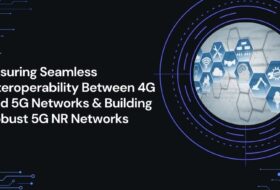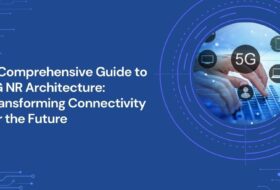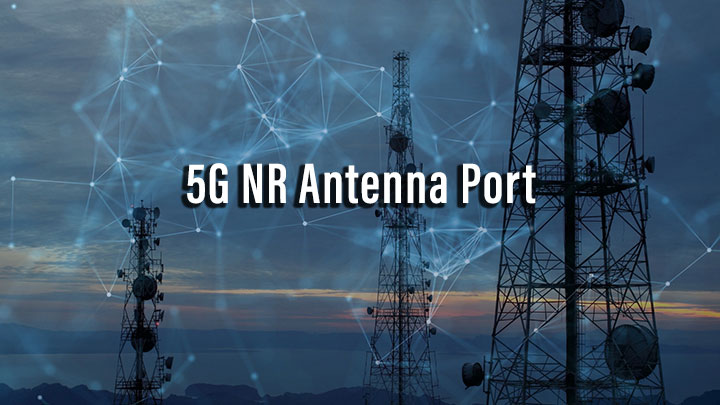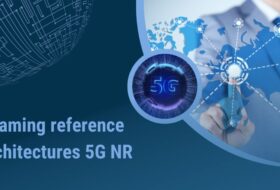What is Antenna Port?
- An antenna port is in the 3GPP specifications an abstract concept that is a logical entity rather than a physical antenna.
- Each antenna port is associated with a specific set of reference signals such that the channel over which a symbol is transmitted on that antenna port can be distinguished from the channel over which another symbol is conveyed on the same antenna port.
- To understand this sentence we must recall certain aspects related to the channel estimation based on the reference signal.
- 5G NR contains a different type of reference signals, like DMRS for demodulation purpose & CSI-RS for channel status reporting, by way of explanation, we can understand that an antenna port is an indication of the type of reference signal that conveyed over the radio channel.
- So according to the antenna port is defined by its reference signal. This means each antenna port refers to a specific channel model, this in turn help in channel estimation and equalization at the receiver end.
Antenna Port for Downlink
|
DL Antenna Ports |
Usage |
|
1000-1011 |
PDSCH and DMRS for PDSCH |
|
1000-1005 |
PTRS for PDSCH |
|
2000 |
PDCCH and DMRS for PDCCH |
|
3000-3031 |
CSI-RS |
|
4000 |
SS/PBCH block |
● Antenna ports starting with 1000 for physical downlink shared channel (PDSCH) : Total up to 8 port for SU-MIMO and up to 12 port for MU-MIMO
Antenna Port for Uplink
|
UL Antenna Ports |
Usage |
|
0-11 |
PUSCH and DMRS for PUSCH |
|
0-5 |
PTRS for PUSCH |
|
1000- |
SRS |
|
2000- |
PUCCH and DMRS for PUCCH |
|
4000 |
PRACH |
Note: Antenna ports do not correspond to physical antennas, but rather are logical entities distinguished by their reference signals. A base the station can assign/map the antenna ports to the physical transmit antennas as per need.
Reference 3GPP 38.211,
You Might Also Like

18
Nov

17
Nov

17
Nov

14
Nov



